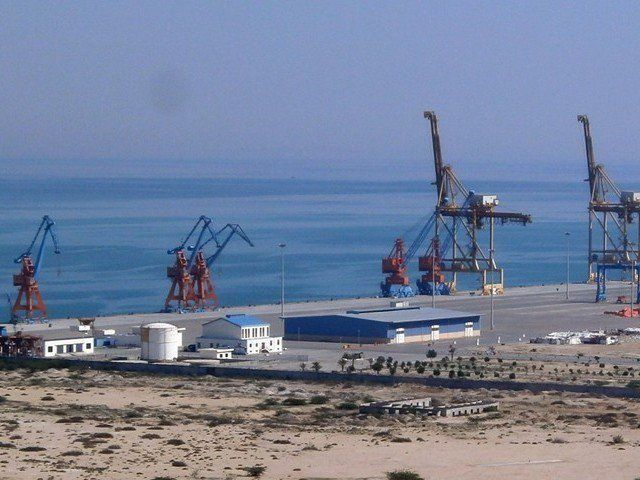
Khalid Mansoor, the special assistant to the Prime Minister on CPEC affairs, has said that huge job opportunities will be created for the people under phase two of the multibillion-dollar project and special importance will be attached to their skill enhancement and for that purpose, vocational training institutes will be constructed in special economic zones.
"The strategy is that the unskilled people are going to be trained and hired in the project activity and thereafter, they will get opportunities to earn and support their families," Mansoor told Chinese media.
On the role of the Belt and Road Initiative in Pak-Afghan cooperation, he said that BRI would unfold a lot of economic opportunities for landlocked Afghanistan, which will get the chance to enhance its exports through regional connectivity offered by the BRI.
"The BRI has got a clear-cut mandate for regional connectivity, whether it is in Afghanistan or other neighboring countries," he said, adding that CPEC phase two will not only bring revolution to Pakistan but also benefit Afghanistan.
Read Will thwart spoiler designs against CPEC: COAS
He said that due to CPEC's special economic zones, his country is going to be a major manufacturing hub which will not only uplift Pakistan's economy but will also create huge opportunities for Afghanistan to rebuild and revive its economy.
"Afghanistan is a landlocked country, so it will have to depend on Pakistan for its needs in terms of importing and exporting. So we believe that this regional connectivity through the BRI will be really provide opportunities for us to develop further ties with our brotherly country Afghanistan and also provide mutual opportunities for growth of the economy in Afghanistan and Pakistan," he added.
He said CPEC is one of the most important projects for the economic revival of Pakistan, Mansoor said.
"CPEC's phase two will be developing an industrial hub in the country, providing many opportunities for local and foreign investors."
Underlining the importance of CPEC to uplifting the agriculture sector of his country, Mansoor said that Pakistan is an agricultural country and its economy depends on the development of the agriculture sector, which meets most of the food requirements of the country.
"There are several areas where we can benefit from the excellent research and experience of Chinese agricultural sector, for improving the quality of the seed, and then benefiting from the research and development to improve our yield, and to improve and modernise our mechanical cultivation and harvesting."
Read more Security termed crucial to CPEC stability
He said that Pakistan is also working on upgrading its livestock sector and enhancing its meat exports, which can all be expected to achieve with the cooperation of China.
Talking about the commitment of the two countries to make CPEC a green corridor, the official said that they would be growing a number of trees along the CPEC route and “we want to make sure that as the industrial hub is going to be increased, it should not be detrimental for the people's health and also make sure that it is not polluting the environment by producing emissions”.
Coal power plants working under CPEC in Pakistan are making sure that they use state-of-the-art technology to meet world standards in emissions, removing the apprehensions that they are hazardous to the environment, he said.



1730948380-0/Kamala-(1)1730948380-0-165x106.webp)


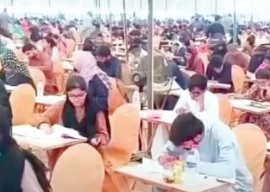
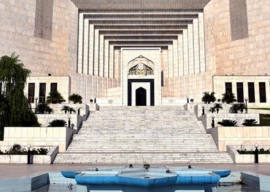




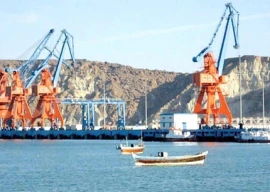
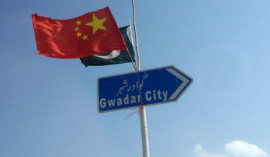






COMMENTS (18)
Comments are moderated and generally will be posted if they are on-topic and not abusive.
For more information, please see our Comments FAQ